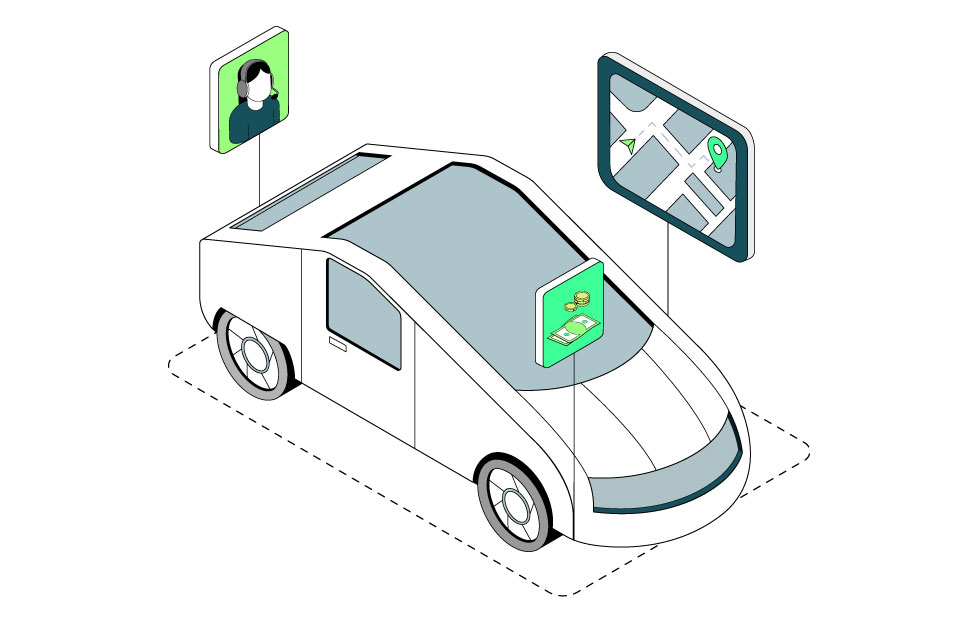By Jo Causon, CEO, The Institute of Customer Service
For quite some time now, Brexit and other factors have led commentators and indeed myself to say we are living in ‘unprecedented times’. With the coronavirus outbreak, they really are unprecedented now. All of us have entered into uncharted waters and it’s impossible to know exactly what lies ahead.
This only makes it more important than ever that business leaders show just that “leadership – and make calm judgements in the best interests of their staff and customers. In times like this, it is easy to get buried in all of the day-to-day challenges and swept up in the heat of the moment. Language and tone are more important than ever. The job of leaders is to keep a level head, stay focused, and navigate the best way forward with the facts that they have at the time. Difficult times call for better leadership.
Looking after your people
An immediate concern, of course, is to ensure the welfare of staff. We need to keep communicating and applying the government and medical advice and keep reminding people of the basics: a lockdown is a lockdown so we must observe it, and also continue to keep hand-washing and maintaining high standards of personal hygiene.
We also need to focus on people’s mental wellbeing and ensure the support is there for anyone who needs it. These are stressful times for many “concerned not only about themselves but about family and loved ones.
Making ‘remote working’ work
Significant numbers of employees will now be working from home as the outbreak runs its course. Businesses are needing to operate differently. But at the same time, it is vital that we keep some structure and keep productivity absolutely as high as we can make it. This means ensuring that we get the most out of working from home “not just doing the minimum. So, does working remotely or just differently actually create opportunities to get to things there hasn’t been time for recently? Does it provide the chance to look at certain issues or pieces of work in a different way and find new and creative solutions?
Some organisations will already make widespread use of video and conference calling; but for others, the virus may mean they adopt it in a significant way for the first time. So businesses need to urgently be making sure they have the facilities in place, know how to use them and that they have clearly communicated guidelines in place for teams to follow. The basics of good business practice should be applied to get the most out of them: has an agenda been circulated, are actions being noted, is everyone being encouraged to contribute to the call? The times also call for an appropriate degree of humour and team spirit – I have personally experienced the wrong camera angle to the mirth of my senior team!!
We are all now testing our business continuity plans, but what are we learning and how are we adapting? We know things are going to get tougher over the next few weeks, so is there anything else we can prepare for, what advice can we share with colleagues and other organisations? Are we planning for the short, medium and slightly longer period, are we thinking about the footprint we are leaving now and how that will be reflected upon in the next six months?My three key tips to leaders would be: Take a proportionate response. Be prepared to react to events in the moment but keep an eye on the longer term. Keep communicating – and be honest and clear in your communications.
Maintaining customer service through innovation and flexibility
Interactions with customers also become hugely important at a time like this. Maintaining service levels will provide reassurance and continuity. So businesses must think through very carefully how they are going to do that, looking at what the impact will be at different levels of remote working. This means, for example, thinking about shift patterns that allow for the fact that there are multiple family members in the house at the same time, and whether colleagues can divide their working days differently. Where there are organisations that are not really using their staff because their services are not currently needed, could they be deployed differently? Can you support more community based projects, are you asking your staff for their ideas and getting them to be creative in how they are delivering?
Every business should be looking to maintain its service as far as it can. But in the event that that is not possible, prioritisation will come into play. Organisations will need to think about their vulnerable customers first “identifying who they are and managing their resources around that as the immediate priority. This also means considering what work breaks you are putting in place for those that are serving the most vulnerable; do you have an adequate rotation of resource? What support network is in place for them personally?
Think about what your customers may be going through during the crisis and what will matter to them in relation to your product or service. Then do all that you can to make sure the business will be able to meet that. Communicate clearly and be honest and transparent. This is an opportunity to test the real quality of your service.
There is also a vital message to give to customers “and we have already seen the supermarkets doing this: don’t panic buy. We all have responsibilities as customers too. Is there any way that you can use your customers to help get the message out more widely?
The collective spirit shining through
I know that the next few weeks will be hard and will only get harder. But let us remember that a crisis like this is a time for lots of good things to emerge too “people helping each other, pulling together, the human spirit at its best. Between neighbours, in community groups, through volunteers “it is happening up and down the country. We’ve already seen numerous examples of organisations investing in their customer service offering over the past few days – from early opening hours at supermarkets for the elderly, vulnerable and key workers, to adjustments in home delivery lines to support social distancing, hotels offering rooms for the NHS, and more.
Some organisations are offering advice on managing through difficult times or thinking differently about what they are doing for whom, and when. These gestures of support at a critical moment in customers’ lives won’t be soon forgotten and will help maintain a deeper relationship long into the future.
Let us know your inspirational stories!
A final plea: we are looking to publish examples of great and inspiring customer service against the odds. Any examples of really going above and beyond or of service being delivered differently. We would love to hear from you with your examples and stories. So, please submit your stories here and we will publish a summary of all the great service that has kept things running once the dust has begun to settle. “



